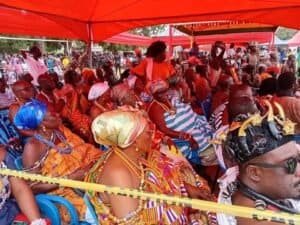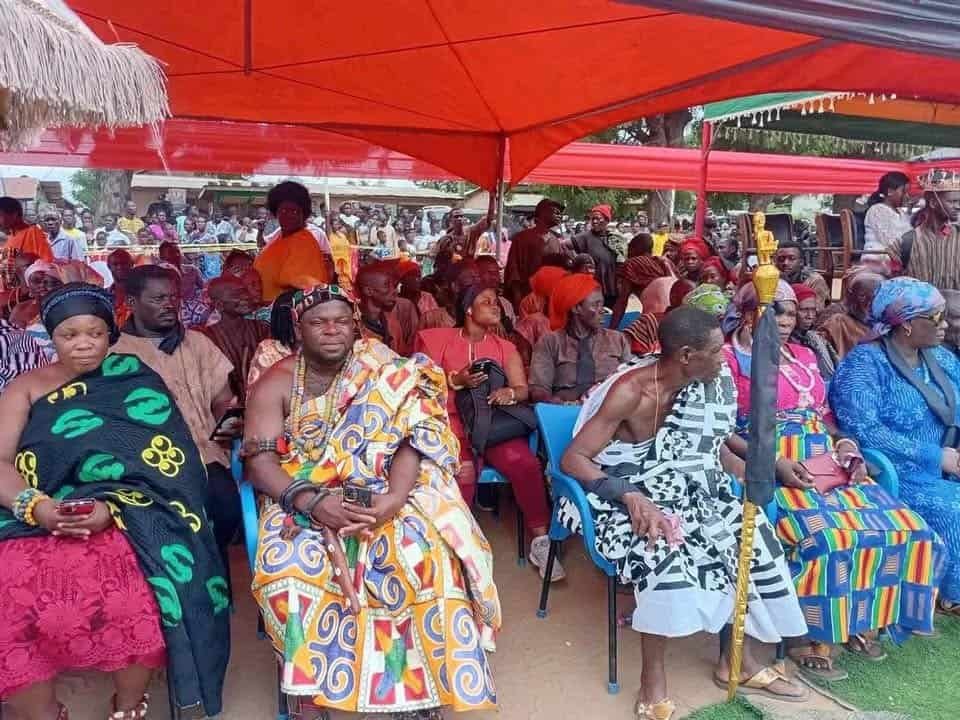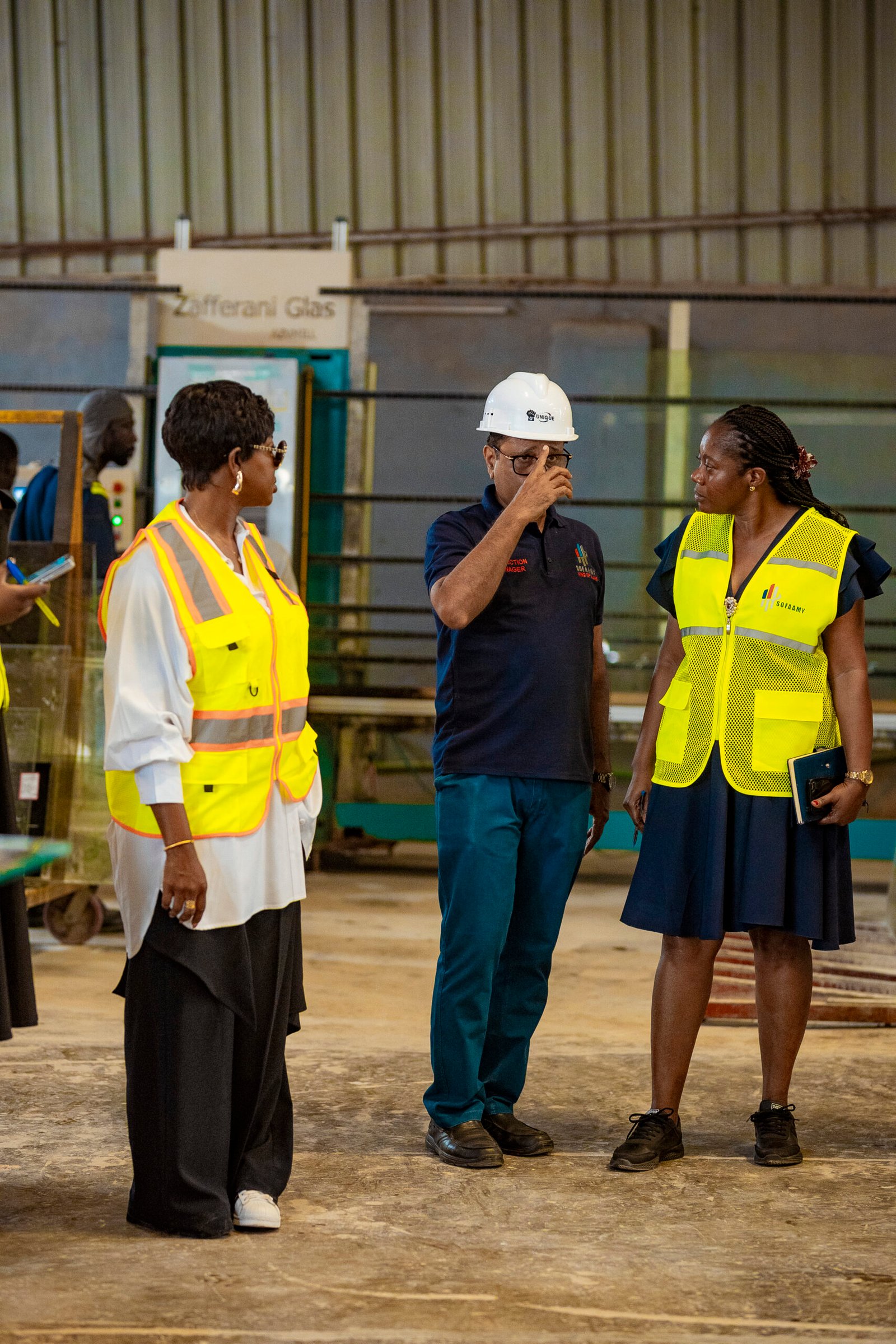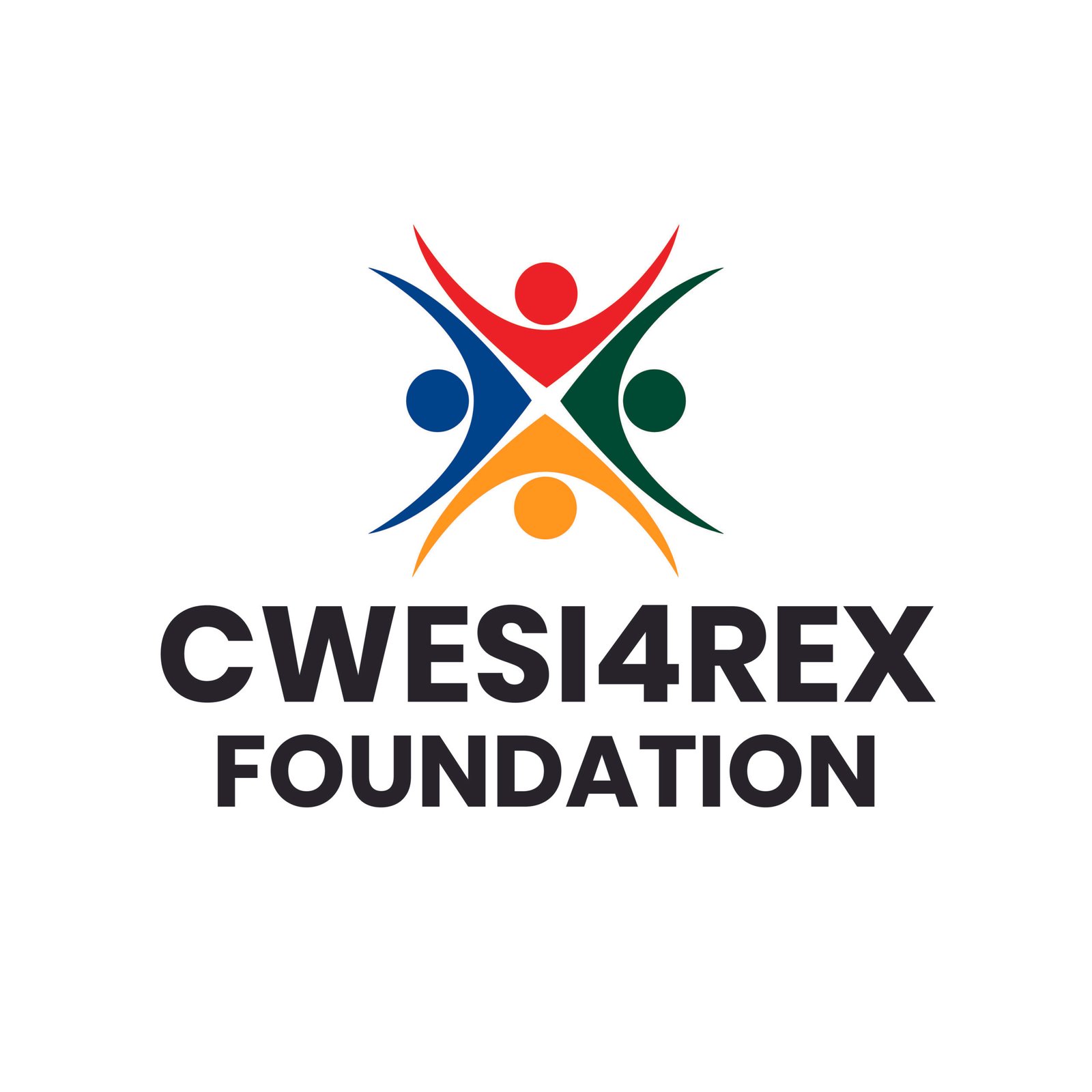Every year, as July gives way to August, the Mepe Traditional Area in Ghana’s Volta Region comes alive with vibrant sounds, colors, and age-old customs during the annual Apenorto Festival a cultural celebration steeped in tradition, unity, and homecoming.
The name “Apenorto” derived from the Ewe phrase meaning “a period of staying/resting at home” is more than just a linguistic expression. It encapsulates the essence of the festival: a time when the sons and daughters of Mepe, whether near or far, return to their roots to reconnect with family, reconcile differences, and recommit to the collective development of their ancestral land.
A Legacy Rooted in Tradition
Apenorto is not merely a modern invention but a revival of the now-defunct Hatudada Festival, which was last celebrated in 1954. The reimagined festival, reborn after deep consultation with the land’s deities and elders, serves as a bridge between the past and present. It was officially instituted in 1940 during the reign of Togbui Tetteh Dugbazah IV, and has evolved into a symbol of cultural preservation and community cohesion.
The Mepe people, historically believed to have migrated from Notsie a legendary ancestral home of the Ewe people in present-day Togo passed through Tsevie before finally settling in their current location. This rich migratory history is reflected in the rituals and practices of the Apenotor Festival.
Festival Highlights and Symbolism
The festivities begin in the latter part of July, building momentum until the second Saturday of August, when the entire community gathers for a grand durbar of chiefs — the ceremonial climax of the festival. This durbar is more than just a pageant of royal regalia and tradition; it is a platform for dialogue, planning, and affirming the community’s vision for development.
One of the most spiritually and emotionally charged components of Apenorto is the ‘Gbedziyiyi’ – a ritual gathering of clan members and cultural troupes. In this unique ceremony, the various groups assemble outside the town, singing ancestral songs and awaiting the return of the chiefs and elders from a sacred grove. The moment symbolizes not only spiritual cleansing and divine blessing but also the return of wisdom and leadership to the people.

Beyond Celebration: A Call to Action
At its core, Apenorto is more than a cultural festivity. It is a catalyst for community development and peacebuilding. The festival fosters an environment for conflict resolution both individual and communal while promoting a unified front for development efforts in education, health, and infrastructure.
In recent years, the festival has also attracted diaspora interest, with many young Mepe natives using the occasion to rediscover their heritage and contribute ideas and resources for local growth.
As Ghana continues to champion its diverse cultural heritage, the Apenorto Festival of Mepe stands out as a unique reminder of the power of tradition in shaping modern identity, building unity, and mobilizing development.
With each passing year, Apenorto solidifies its place not only in the cultural calendar of the Volta Region but in the hearts of all who call Mepe home.
Click Here For More >>>









